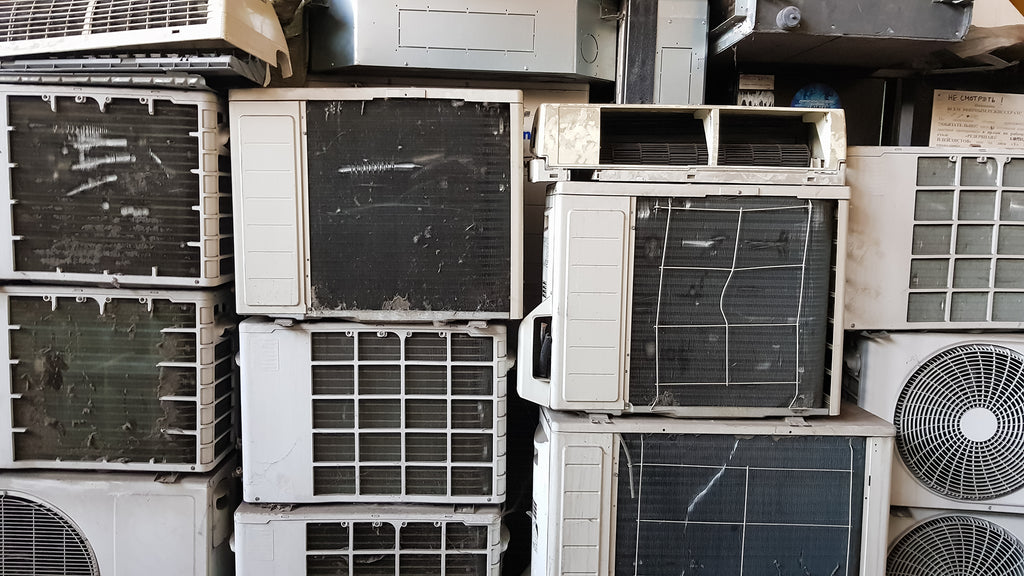No Products in the Cart

With a tropical climate and increasingly unbearable temperatures, having an air conditioner is becoming a necessity in the Philippines. However, their environmental footprint has become a growing concern as global awareness of sustainability increases. We will look into the Impacts of Air conditioning systems in the Philippines and explore environmentally friendly solutions to help mitigate these effects.
With the consistent demand for cooling due to the country’s hot and humid climate, air conditioners have the largest consumption of energy both in residential and commercial buildings. This high energy consumption does not only lead to increased electricity bills for consumers but places a heavy burden on the national grid, especially during the summer months.
The Philippines’ energy mix still relies significantly on fossil fuels, like coal and natural gas for energy generation. Air conditioners powered by these contribute to greenhouse gas emissions, exacerbating climate change.
Many air conditioning units in the Philippines still use Hydrofluorocarbons (HFCs) as refrigerants. HFCs have a high Global Warming Potential (GWP) contributing to ozone depletion.
Poorly maintained air conditioners can circulate pollutants and allergens, leading to poor indoor air quality. With the humid climate in the Philippines, excessive moisture can promote mold growth, which not only affects our health but also degrades building materials contributing to broader environmental problems.
Investing in energy-efficient air conditioners may be costly upfront but the long-term benefit will be beneficial both for the consumer and the environment. Brands like Carrier, Midea, and Condura, offer air conditioners with inverter technology available in a wide range of capacities, both for residential and commercial use.
Incorporating renewable energy sources can significantly reduce the carbon footprint of our air conditioning system. The Philippines enjoys abundant sunshine, making solar power an ideal complement to our air conditioning systems.
Transitioning to eco-friendly refrigerants with lower Global Warming Potential (GWP) can mitigate environmental impact. Choose air conditioners with R-32 refrigerants that have zero Ozone Depletion Potential (ODP) compared to traditional HFCs.
Routine maintenance ensures air conditioners run efficiently and prolong their lifespan, reducing the need for frequent replacement and minimizing waste.
Air Conditioners have become essential in the Philippines in providing comfort. However, their environmental impact is significant making it necessary to adopt eco-friendly solutions. By investing in energy-efficient systems, integrating renewable energy, and the use of eco-friendly refrigerants, both consumers and businesses can reduce their environmental footprint thus benefiting the environment and paving the way for a greener and more sustainable future.